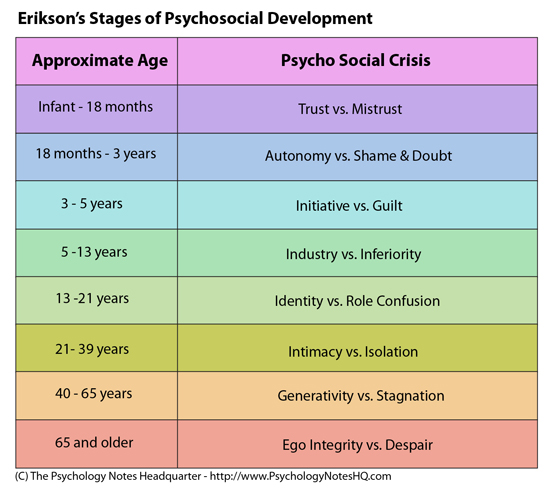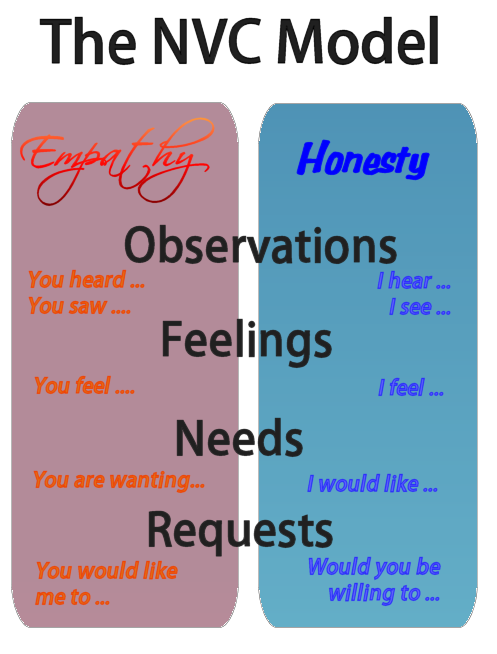
All of your emotions are necessary!





The Four Components of Emotional Intelligence
The Four Components of Emotional Intelligence
You may have heard of emotional intelligence, but you may not know exactly what it means, so let’s begin there. In essence, Emotional Intelligence (EI) is about recognizing and managing your emotions and those of others. There is a solid research basis from the fields of psychology, neuroscience, and business leadership.
There are four fundamental aspects of EI (as measured by the Emotional Competence Inventory, published by The Hay Group): Self-Awareness, Self-Management, Social Awareness, and Relationship Management.
Self-Awareness
This is how aware you are and how accurately you can assess your emotions. Most of us are so busy with the daily grind that we rarely take a step back and think about how we’re responding to situations and how we come across. The other source of self awareness is recognizing how others respond to us. This is often challenging because we tend to see what we want to see. And we tend to avoid the uncomfortable action of asking others for feedback.
To grow in your self awareness, consider building time for reflection into your day. Also consider getting into the routine of collecting specific feedback from people who will be honest and whose ideas you value. A large study that compiled thousands of data points found that leaders who sought out negative feedback were much more self-aware and effective than those who sought out positive feedback.
Self-Management
Self-management is your ability to control your emotions. This component also includes your transparency, adaptability, achievement, and optimism. A key factor is whether you react or respond to situations. Answer these questions:
- When you get an irritating email, do you write back right away?
- Do you sometimes find yourself regretting how you handled yourself, wishing that you had been more calm and poised?
- Do you lose patience or rush others?
If you said yes to any of these questions, you may be in the habit of reacting rather than responding. When you react, you do what comes naturally, which is going with the emotional part of your brain. When you respond, you act against what is natural, which is why it is difficult. You engage the rational part of your brain and select the best response.
Social Awareness
Your organizational awareness, focus on service, and level of empathy compose your social awareness. Improve your organizational awareness by fine-tuning your radar for the emotional climate in groups, and recognizing power dynamics.
Improve your service orientation by fine-tuning your radar for your customers’ or clients’ needs. Do this by first and foremost, always taking personal responsibility even when things aren’t going well. Other strategies to enhance your service orientation include being as available and responsive to your customers as possible, and coming up with a system to regularly gather feedback.
Relationship Management
Developing others, serving as an inspiring leader and catalyst for change, collaborating with a high-performing team, and managing conflict are part of relationship management.
You are high on this characteristic if others perceive you as likeable and you’re able to work well with diverse groups, even in the face of stress and conflict. As you can imagine, to do this requires the 3 characteristics we just discussed, plus finesse in dealing with others.
If you can create and communicate an inspiring vision and help them to do difficult things, such as embrace change, you are definitely high on this characteristic.
How do you fare and what can you further develop to enhance your EI and career performance?
Posted by Larina Kase at 02:18 PM in Building Emotional Intelligence | Permalink
“Of needs” in the context of Nonviolent Communication refers to the core concept of identifying and expressing one’s underlying needs when communicating, which is a crucial element in the NVC model, allowing for more empathetic and constructive interactions by understanding what motivates a person’s actions beyond just their behaviors or words.
Key points about needs in Nonviolent Communication:
- Central to the process:Identifying and expressing one’s needs is considered the most important step in Nonviolent Communication, as it helps to move beyond blame and judgment towards genuine connection.
- “OFNR” model:When practicing NVC, the “needs” component is part of a four-step process: Observation, Feeling, Need, and Request (OFNR).
- Universal human needs:Nonviolent Communication draws on the idea that all humans share fundamental needs like safety, love, belonging, respect, and autonomy, which are considered when expressing one’s needs.
Example:
- Instead of saying: “You always leave the dishes dirty, which makes me so frustrated!”
- With NVC: “When I see the dishes piled up in the sink, I feel overwhelmed because I need to feel like we are sharing the responsibility of keeping our home clean.”

In his book, The Fisher Kind and the Handless Maiden, Robert Johnson writes: “Sanskrit has 96 words for love; ancient Persian has 80, Greek three, and English only one.
This is indicative of the poverty of awareness or emphasis that we give to that tremendously important realm of feeling.

